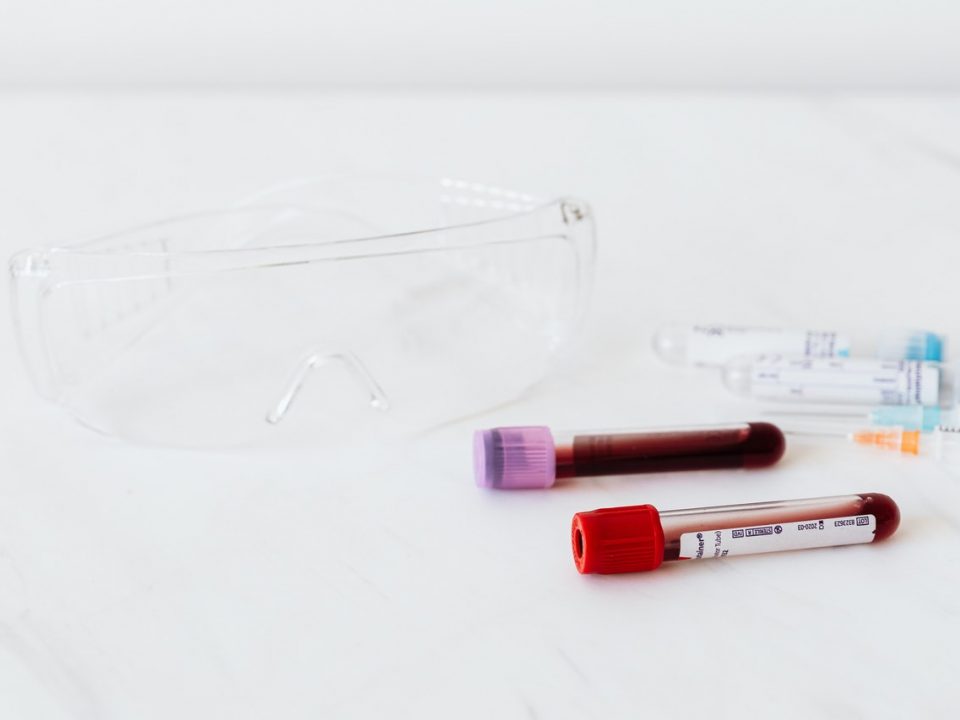Denise Hendry Dies After Op to fix Botched Cosmetic Surgery
UK Cosmetic Surgery Negligence Claims Increase
A chemical in the soil of Easter Island may hold the key to a potent anti-ageing compound. Some scientists are so excited about the anti-ageing discovery that they are hailing the compound as the potential key to an ‘elixir of youth’ and believe that it may help extend the human life span by as much as a decade.
Rapamycin is already in use in heart operations, to help suppress the immune systems of organ transplant patients, and is also currently in the process of being assessed for it’s anti-cancer properties. Researchers are now investigating whether rapamycin will also help anti-ageing.
The first results have been promising in test on animals, the chemical extended the average life expectancy by 38 percent. 2,000 mice that were around 600 days old were used the equivalent of a 60 year old human. About a quarter of the mice were fed as normal whilst the rest were given rapamycin. The female mice had an increased life span of 1,245 days compared to 1,094 days, and the male mice had an increased life span of 1,179 compared to 1,078.
Unfortunately, the drug is not likely to be used for anti-ageing in the very near future. In it’s current form, rapamycin suppresses the immune system which means patients are very vulnerable to viruses and bacteria. It also currently increases the risk of cancer. It is hoped that rapamycin can be examined and a new drug created that has the same effects but doesn’t suppress the immune system.
As yet, it is unclear how rapamycin fully works. Rapamycin acts on a protein in cells called TOR. It is believed that it fools the body into thinking that calories are being restricted. Many studies in the past have shown that cutting calories can expand life spans in both animals and humans.





